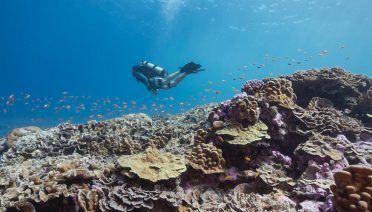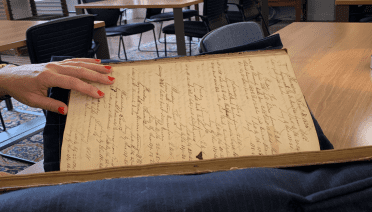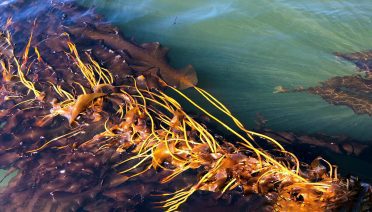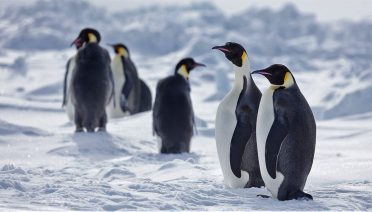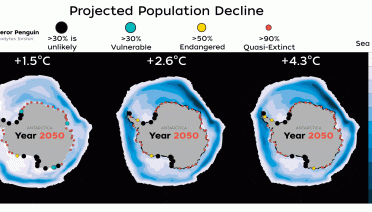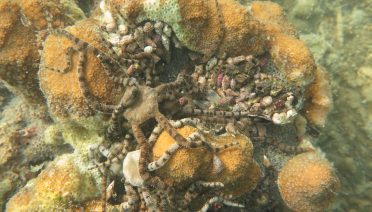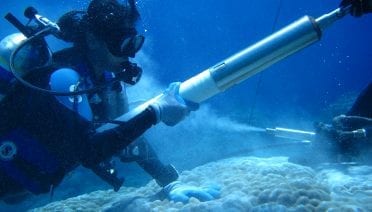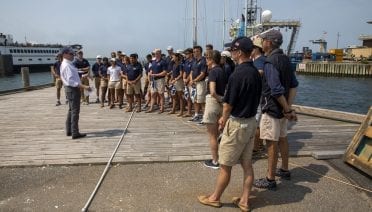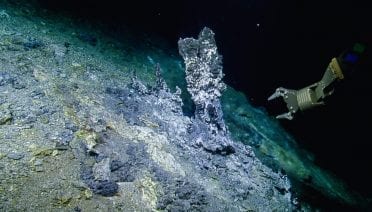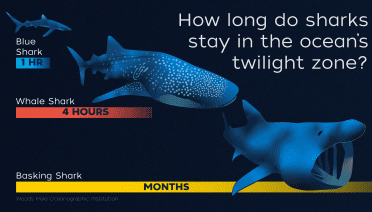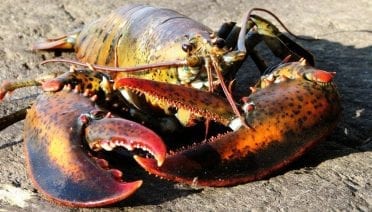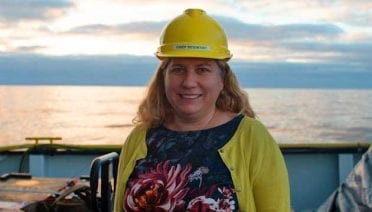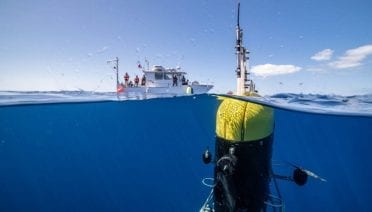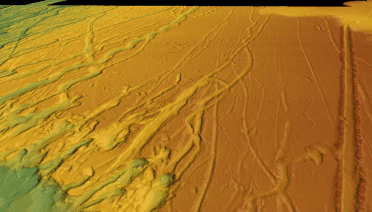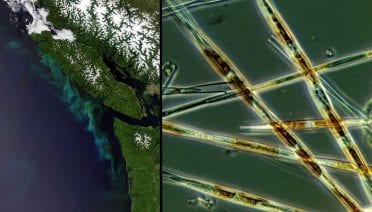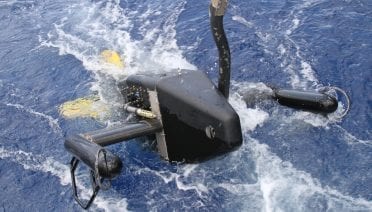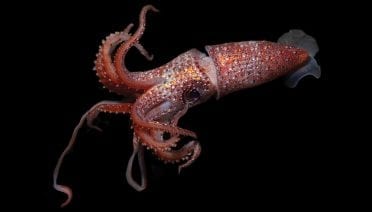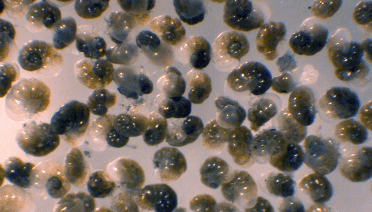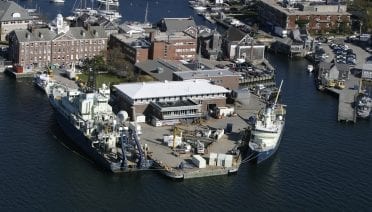Press Room
A team led by Anne Cohen, a scientist at Woods Hole Oceanographic Institution, received $1.75M in funding from the National Science Foundation (NSF) to study how coral reefs survive extreme heat events caused by climate change. The multidisciplinary project taps into expertise across four WHOI departments to uncover the oceanographic and biological processes that enable corals to survive marine heatwaves.
An ongoing collaborative effort by Woods Hole Oceanographic Institution (WHOI), University of Massachusetts Dartmouth (UMassD), and Providence Public Library (PPL), has received a grant from FM Global. The project is investigating the role of historical weather data in current climate change research, and the increasingly urgent issues surrounding it.
A leader in ocean science, Woods Hole Oceanographic Institution (WHOI) is embarking on a study of how new seaweed strains could further enhance the burgeoning seaweed industry and offer solutions to some of the world’s pressing challenges. This research is funded in part by World Wildlife Fund (WWF) with support from the Bezos Earth Fund.
Today, the U.S. Fish and Wildlife Service (USFWS) announced a proposal to list the emperor penguin as a threatened species under the Endangered Species Act.
A new study published today in Global Change Biology provides valuable new data that highlights how species extinction risk is accelerating due to rapid climate change and an increase in extreme climate events, such as glacial calving and sea ice loss.
WHOI announced today the appointment of Dr. Natalie Nevárez as Chief Diversity, Equity and Inclusion Officer. Nevárez will begin in this newly created role on August 1, 2021.
A new study co-led by WHOI postdoctoral scholar Maggie Johnson looks closely at the changes occurring in both coral reef and microbial communities near Bocas del Toro during sudden hypoxic events, which occur when there is little to no oxygen in a given area of water.
The Indian Ocean has been warming much more than other ocean basins over the last 50-60 years. While temperature changes basin-wide can be unequivocally attributed to human-induced climate change, it is difficult to assess whether contemporary heat and freshwater changes […]
Woods Hole, WHOI campus now a stop on the USNA summer sailing team’s route
On Friday, July 15, five USNA sailing vessels carrying a total of 50 U.S. Navy personnel docked at Woods Hole Oceanographic Institution’s waterfront facilities, the first post-COVID […]
Researchers Emphasize the Need for Baseline Information of Microbial Food Webs
The hydrothermal vent fluids from the Gorda Ridge spreading center in the northeast Pacific Ocean create a biological hub of activity in the deep sea. There, in the dark ocean, […]
How large marine predators use the twilight zone to thrive, and survive
Woods Hole, MA (July 11, 2021) — Sharks are some of the largest fish in the ocean, known as apex predators, that steal the show in films, television and […]
A new study demonstrates that lobsters can detect low-frequency sound and suggests that anthropogenic noise could affect lobsters. The study comes out at a time when the construction of more offshore wind farms, with their associated underwater pile driving noise, is being considered in New England.
Anna Michel aboard the R/V Falkor for the Hunting Bubbles Cruise to the Cascadia Margin in 2018. The ROV Sebastian was used to investigate the transfer of methane from the seafloor using a suite of novel deep […]
Woods Hole, MA (June 16, 2021) — An innovative underwater robot known as Mesobot is providing researchers with deeper insight into the vast mid-ocean region known as the “twilight zone.” Capable of tracking and recording high-resolution images of slow-moving and […]
A newly developed iceberg computer model helped the researchers understand the timing and circulation of meltwater and icebergs through the global oceans during glacial periods, which is crucial for deciphering how past changes in high-latitude freshwater forcing influenced shifts in climate.
International study finds no worldwide trend in blooms, but significant increases in some regions and of certain species, pointing to the need for better monitoring and data collection-especially in light of greater societal reliance on coastal resources
The first-ever global statistical […]
Two papers explore the distribution and abundance of plankton and what conditions lead to big plankton blooms with vastly different potential impacts on the ecosystem.
Woods Hole, Mass. (May 27, 2021) – Woods Hole Oceanographic Institution (WHOI) wants to keep the ocean twilight zone weird. Known for its rigorous science and advanced engineering, the usually serious WHOI today launched a tongue-in-cheek campaign to draw attention […]
Oceanic deoxygenation is increasingly affecting marine ecosystems. A new paper that examines two foram species found that they demonstrated great metabolic versatility to flourish in hypoxic and anoxic sediments where there is little or no dissolved oxygen, inferring that the forams’ contribution to the marine ecosystem will increase with the expansion of oxygen-depleted habitats.
The Board of Trustees of Woods Hole Oceanographic Institution (WHOI) today announced the ten new corporation members who were elected at its Spring Joint Meeting of the Board and Corporation.
They are: Dr. Mark R. Abbott of Hollis, N.H.; Susan Payson Burke […]

